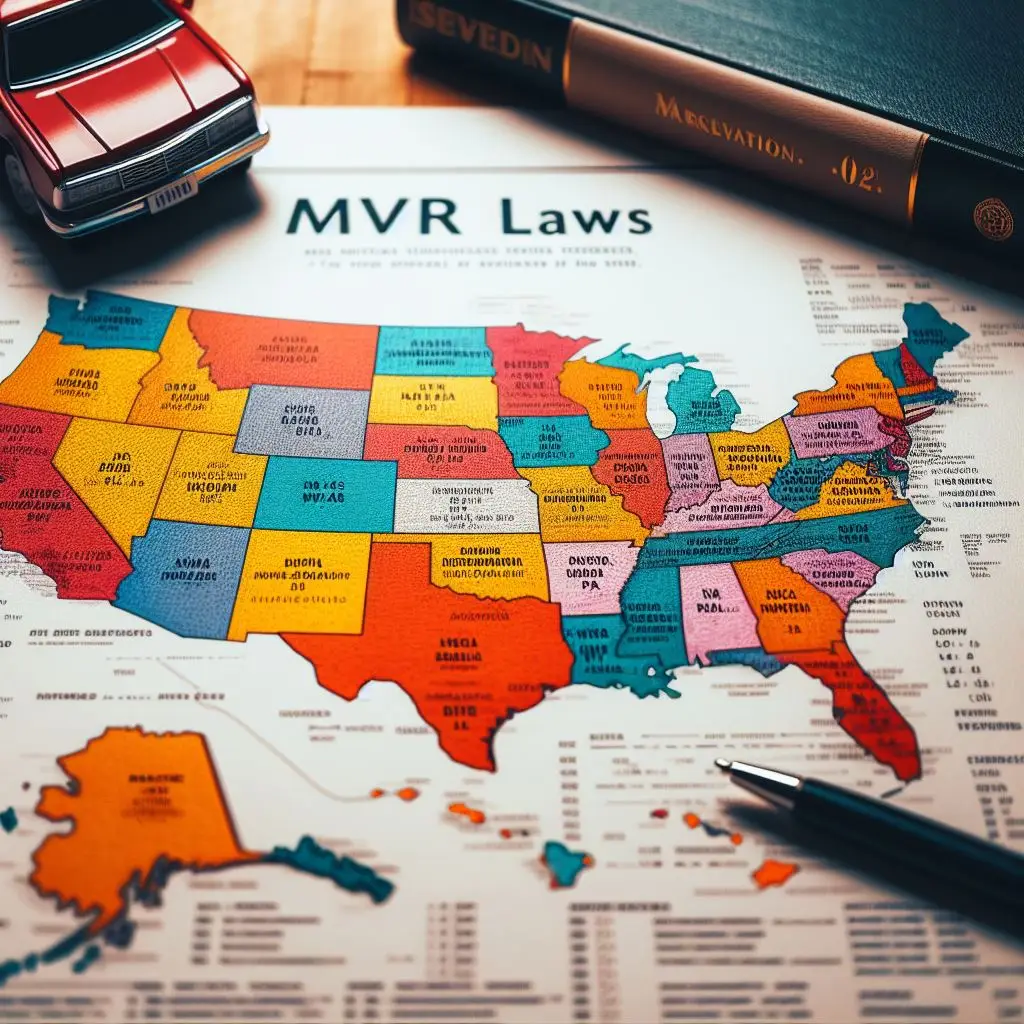Introduction
Imagine you’re applying for a job, and an inaccurate background check causes you to lose the opportunity. Or perhaps an erroneous credit report affects your loan application. These scenarios highlight the importance of accurate public records. In Alaska, like everywhere else, these records play a crucial role in many aspects of life, from employment to housing. Disputing inaccurate public records is essential for ensuring fairness and accuracy in how you’re represented.
This guide will walk you through disputing public records in Alaska, focusing on the Alaska Department of Public Safety Criminal Records and Identification (R&I) Bureau. By understanding state-specific laws and procedures, you can take effective steps to correct inaccuracies.
Understanding Public Records in Alaska
Definition
Public records in Alaska are documents or information that are not considered confidential. They are maintained by government agencies and are accessible to the public.
Types
Common types of public records in Alaska include:
- Court records
- Arrest records
- Property records
- Marriage and divorce records
- Business licenses
- Vital records (birth and death certificates)
Agencies Responsible
In Alaska, several agencies maintain public records. Key among them is the Alaska Department of Public Safety Criminal Records and Identification (R&I) Bureau. This bureau handles criminal records and identification services. Other agencies include:
- Alaska Court System (court records)
- Alaska Department of Natural Resources (property records)
- Alaska Department of Health and Social Services (vital records)
Access
Public records in Alaska can be accessed in various ways:
- Online portals: Many records are available online through specific agency websites.
- In-person requests: You can visit agency offices to request records.
- Mail: Some agencies accept written requests for records.
Relevant Laws
Alaska has specific laws governing public records access and accuracy:
- Alaska Public Records Act: This law ensures public access to government records.
- Alaska Personal Information Protection Act: Protects individuals’ personal information from unauthorized use.
Grounds for Disputing Public Records
Common Errors
Errors in public records can occur for several reasons, including:
- Incorrect or outdated information: Data that has not been updated or was recorded inaccurately.
- Identity theft or mistaken identity: When someone else’s information appears on your record.
- Expunged or sealed records: Records that should no longer be public but still appear.
- Clerical errors: Mistakes made during data entry or record-keeping.
Legal Rights
Under the law, you can dispute and correct inaccuracies in public records. The Fair Credit Reporting Act (FCRA) provides a legal basis for disputing errors in credit reports. Additionally, Alaska state laws protect your rights to accurate records and outline the dispute process.
The Dispute Process: A Step-by-Step Guide
1. Gather Evidence
To successfully dispute a public record, you must gather evidence supporting your claim. This might include:
- Police reports
- Court orders
- Receipts or bills
- Witness statements
2. Identify the Custodian
Determine which agency or department maintains the record you need to dispute. This would be the Alaska Department of Public Safety Criminal Records and Identification (R&I) Bureau for criminal records. For other records, you might need to contact the specific agency responsible.
3. Submit a Formal Dispute
When submitting a dispute, following the correct format and including all necessary information is crucial. Here’s a sample dispute letter template:
[Your Name]
[Your Address]
[City, State, ZIP Code]
[Email Address]
[Phone Number]
[Date]
[Agency Name]
[Agency Address]
[City, State, ZIP Code]
Dear Sir/Madam,
I am writing to dispute the following information in my public records. The items I dispute are circled on the attached copy of the records I received.
[Describe the inaccurate information and why it is incorrect. Provide supporting evidence.]
Please correct or delete this inaccurate information at your earliest convenience and inform me in writing of the outcome.
Thank you for your prompt attention to this matter.
Sincerely,
[Your Name]
4. Follow Up
After submitting your dispute, it is important to follow up to ensure it is being processed. Contact the agency periodically to check on the status of your dispute. Keep records of all correspondence and responses.
5. Escalation
If your initial dispute is unsuccessful, you have several options:
- Appeals: Some agencies have an appeals process.
- State agencies: Contact agencies like the Alaska Department of Law for assistance.
- Legal help: Consider seeking help from a lawyer if your dispute remains unresolved.
State-Specific Resources and Procedures
Alaska Department of Public Safety Criminal Records and Identification (R&I) Bureau
For disputes related to criminal records, contact:
- Address: 5700 E. Tudor Road, Anchorage, AK 99507
- Phone: (907) 269-5767
- Website: Alaska DPS R&I Bureau
Legal Aid
For free or low-cost legal assistance, consider reaching out to:
- Alaska Legal Services Corporation
- Phone: (907) 272-9431
- Website: Alaska Legal Services
- Alaska Network on Domestic Violence and Sexual Assault
- Phone: (907) 586-3650
- Website: ANDVSA
Other Resources
Additional resources include:
- Alaska Court System: CourtView Public Access
- Alaska Department of Natural Resources: Land Records
Tips for a Successful Dispute
Be Organized
Keep detailed records of everything related to your dispute, including:
- Copies of all correspondence
- Receipts and bills
- Dates and times of phone calls
Persistence
Disputing public records can be time-consuming. Stay persistent and follow up regularly until your issue is resolved.
Professional Help
Consider seeking legal counsel if the process becomes too complex or you’re not getting the desired results. Lawyers specializing in public records or consumer protection can provide valuable assistance.
Conclusion
Inaccurate public records can cause significant issues, but you have the right to dispute and correct these errors. By following the steps outlined in this guide and utilizing state-specific resources, you can effectively address inaccuracies in your records.
Remember, disputing errors is your right and can be done successfully with persistence and organization. Share this guide with others who might benefit, and take control of your public records today.






